Green Industrialization
Home / Focus areas / Green Industralization

Green industrialization paves the way towards transitioning to the production of cleaner technologies, reducing industry-linked carbon emissions, and promoting circular economy principles, this approach can create more and better jobs and a climate resilient economy. One that protects the environment, guarantees a competitive edge, and ensures a just transition for workers, promoting widespread social well-being.
Catalyzing transformative ideas
To build a comprehensive understanding of the challenges facing sustainable urban development—and to provide actionable climate recommendations—we foster open dialogue among public and private stakeholders, civil society organizations, and academic institutions.
Here is an overview of our work to advance green industrialization.
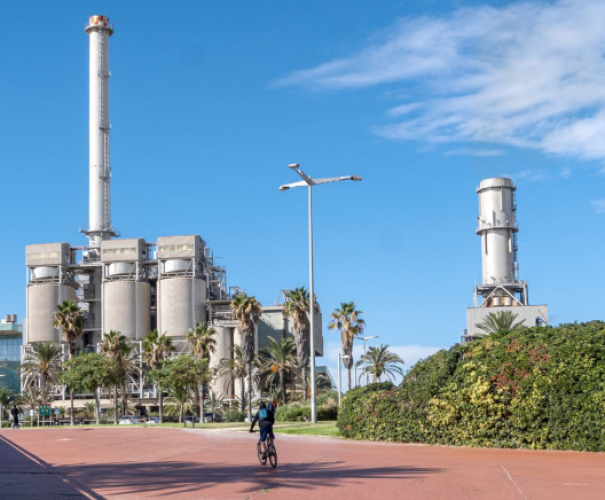
strategic dialogue 2026
Key Industries for competitiveness and decarbonization
The fragmentation between industrial, climate, and innovation policies continues to constrain Spain’s industrial development and long-term competitiveness. The absence of a shared, evidence-based vision on which industries are truly strategic limits policy coherence, investment prioritization, and the effective alignment of climate and industrial objectives.
In 2026, alinnea is starting an strategic dialogue with key actors to identify which industries are essential for Spain’s competitiveness and decarbonization goals. By fostering evidence-based discussion and cross-sector coordination, the initiative helps align industrial, climate, and innovation priorities on a common analytical foundation.
This dialogue lays the groundwork for a coherent and competitive industrial decarbonization pathway, supporting better-informed public and private decision-making and more effective investment in Spain’s green industrial transition.
(If you are interested in participating: info@alinnea.org)
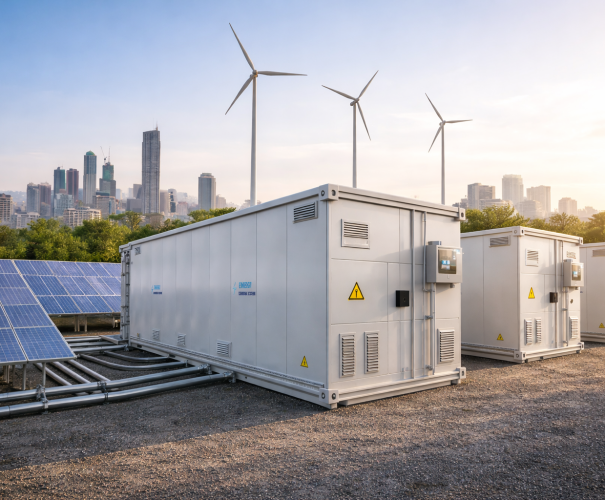
WorkING group 2026
Energy Storage to Promote Decarbonization and Electrification
Industrial electrification in Spain must advance more rapidly to meet national climate and energy objectives. However, the limited availability of energy storage capacity and insufficient grid flexibility remain key bottlenecks, constraining the deployment of stable, competitive, and electrified industrial processes.
Through this working group, alinnea brings together industry, public authorities, the financial sector, civil society organizations, regulators, and energy system planners to build a shared understanding of the technological, regulatory, and investment needs related to energy storage.
By identifying barriers, aligning perspectives, and highlighting key financial mechanisms and incentives, the dialogue supports industrial electrification and contributes to a coherent and competitive industrial decarbonization strategy in Spain.
(If you are interested in participating: info@alinnea.org)
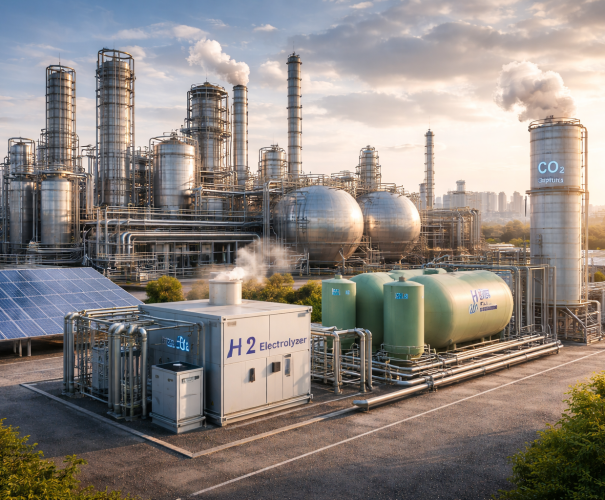
WorkING group 2026
Decarbonization of the Chemical Industry
The chemical industry is a cornerstone of Spain’s industrial base, yet it faces high energy and production costs, regulatory uncertainty, and substantial investment needs to advance its decarbonization. These challenges risk undermining the sector’s competitiveness at a time when European climate and industrial policies are accelerating the transition toward low-carbon production.
Building on its work on industrial decarbonization, alinnea promotes this working group to develop a shared diagnosis of the barriers facing the decarbonization of the chemical sector.
By identifying key priorities and mapping national and European financing mechanisms, the dialogue lays the foundations for a long-term decarbonization strategy that strengthens the sector’s competitiveness, resilience, and economic viability.
(If you are interested in participating: info@alinnea.org)
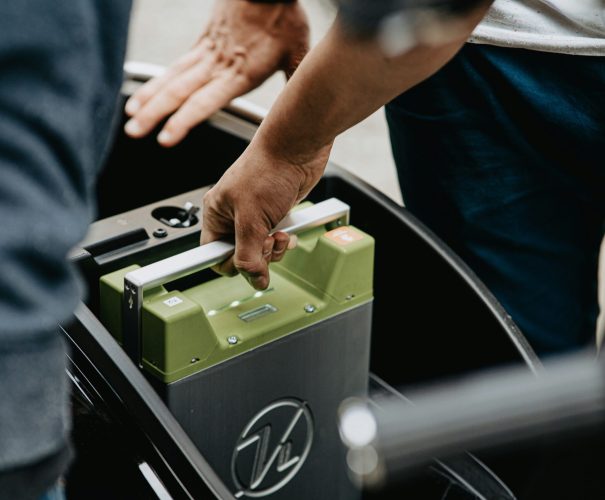
WorkING group 2026
Batteries and Critical Materials to Strengthen the Electric Vehicle Value Chain
Access to critical materials and domestic battery manufacturing capacity has become a decisive factor for industrial competitiveness and the electrification of transport. In Spain, remaining gaps in access to critical minerals, battery production, and value-chain integration risk slowing the development of a competitive electric vehicle industry.
alinnea brings together public decision-makers, industry, the financial sector, and civil society to address these challenges across the electric vehicle value chain. The dialogue focuses on identifying key barriers and solutions related to access to critical materials, battery manufacturing, regulation, and investment needs, while integrating European and international good practices.
By strengthening coordination and aligning incentives and policies, this working group contributes to reinforcing Spain’s position within the European electric vehicle ecosystem and supporting a resilient and competitive transition to electric mobility.
(If you are interested in participating: info@alinnea.org)
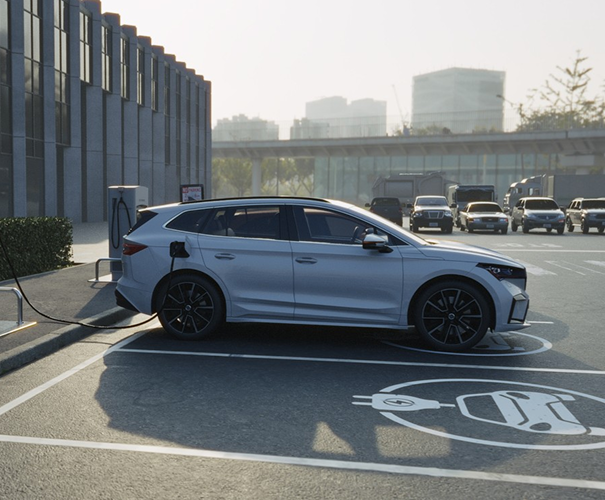
WorkING group 2025 (concluded)
Facing the future: The challenge of the electric automotive Sector
Spain’s automotive industry stands at a crossroads. While it boasts a solid and established sector, it now faces the pressing challenge of adapting to the energy transition while maintaining its global competitiveness. To position itself strategically in an electrified and decarbonized future, Spain must accelerate its transformation.
Analyzing the sector’s evolution means recognizing both current obstacles—such as the need to strengthen the electric vehicle value chain—and opportunities that could establish Spain as a benchmark in sustainable mobility, capitalizing on its industrial capabilities, energy infrastructure, and renewable energy potential.
Identifying opportunities and defining strategies for a just transition that combines innovation, reindustrialization, and sustainability is the objective of alinnea in promoting this working group that will be active throughout 2025.
> Access de full Report
> Access the Summary of the report (Infographics)
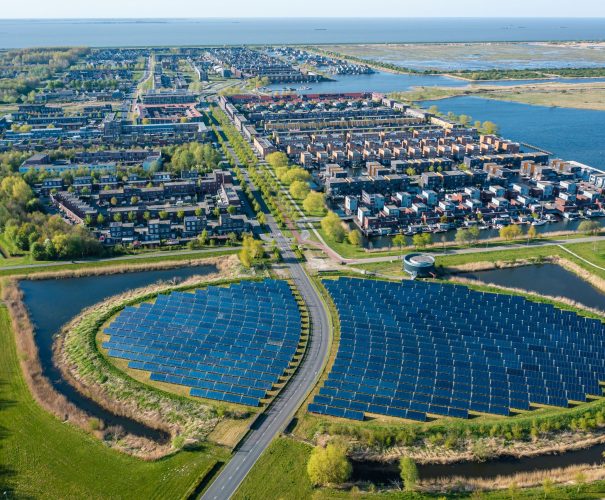
WorkING group 2025 (concluded)
Identifying priority measures to advance industrial decarbonization in Spain
Spain’s industrial base is a vital driver of competitiveness and employment. Yet, like much of Europe, it is grappling with rising geopolitical tensions that are expected to impact the development of its industrial sector—especially those branches tied to the green agenda and climate action: renewable energy, hydrogen production, energy efficiency, electric vehicles, and beyond.
In line with the European Commission’s push to boost industrial competitiveness alongside regional decarbonization, alinnea is launching this 2025 working group to explore strategic opportunities. The aim is to define pathways for a just transition that blends innovation, reindustrialization, and sustainability.
Identifying opportunities and defining strategies for a just transition that combines innovation, reindustrialization, and sustainability is the objective of alinnea in promoting this working group that will be active throughout 2025.
> Access the full Report
> Access the summary of the report (Infographics)
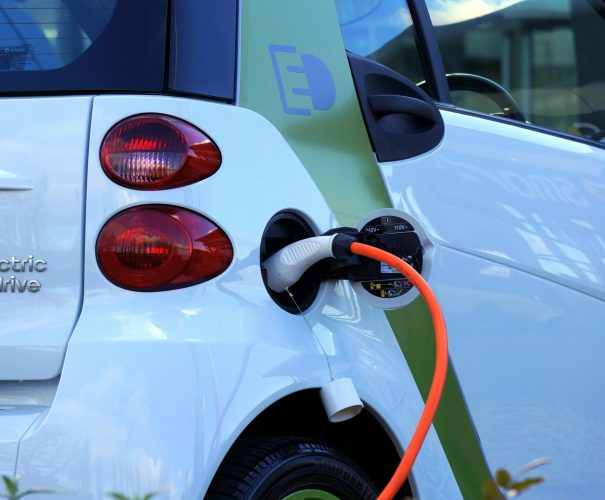
WorkING group 2024 (concluded)
Priority measures to accelerate Electric Vehicles (EV)adoption with a just transition approach
Transport remains one of the leading contributors to greenhouse gas emissions. One of the most impactful strategies to reduce these emissions is the electrification of transport, alongside complementary measures.
In Spain, transport accounts for an increasingly large share of total GHG emissions—specifically, generating one in every three tons of CO₂ equivalent. Between 1990 and 2023, transport-related emissions surged by 53%, rising from 59 MtCO₂eq to 90 MtCO₂eq.
In response, alinnea launched a 2024 working group to identify key
obstacles slowing the adoption of electric vehicles in Spain. The group
developed a set of recommendations to accelerate adoption in a fair, inclusive way.
> Access the full Report
> Access the summary of the report (Infographics)
> Access the Executive Summary
> Access the report presentation Event


